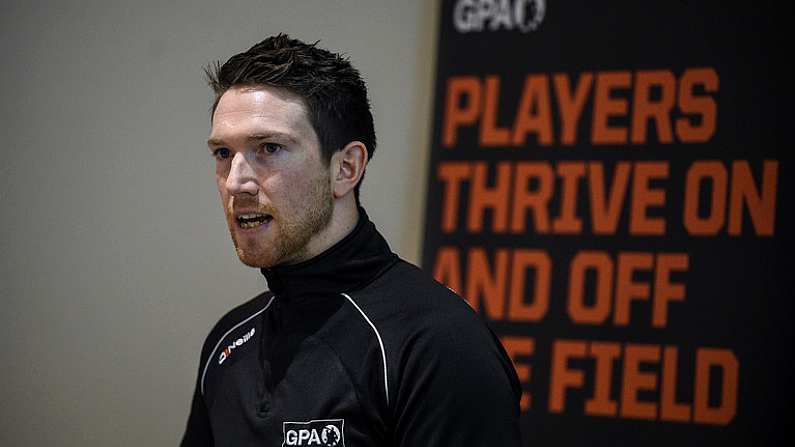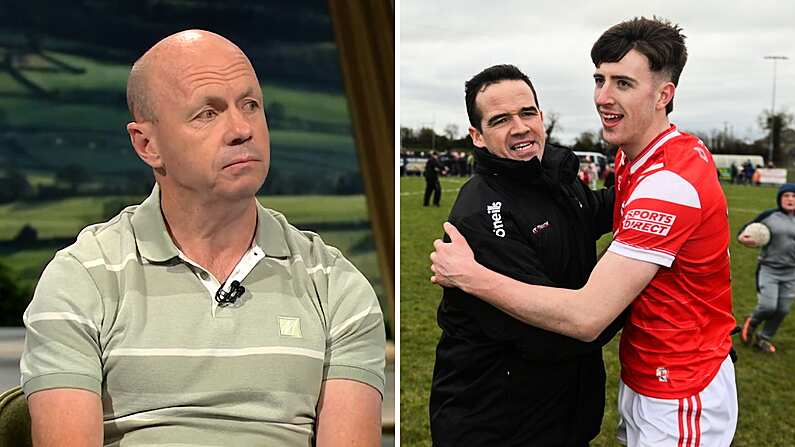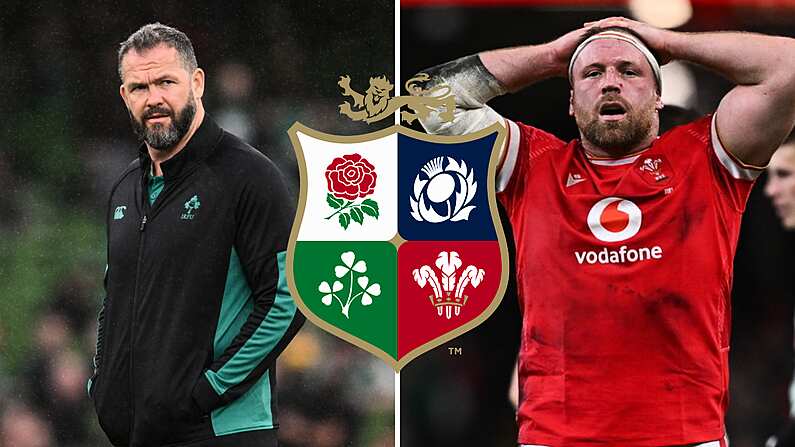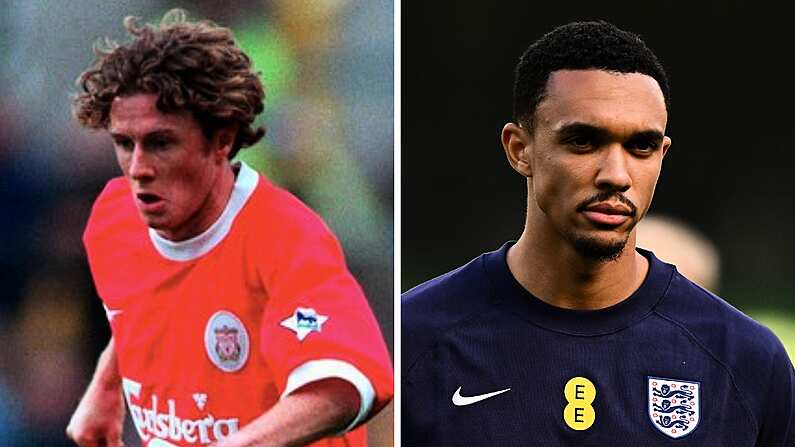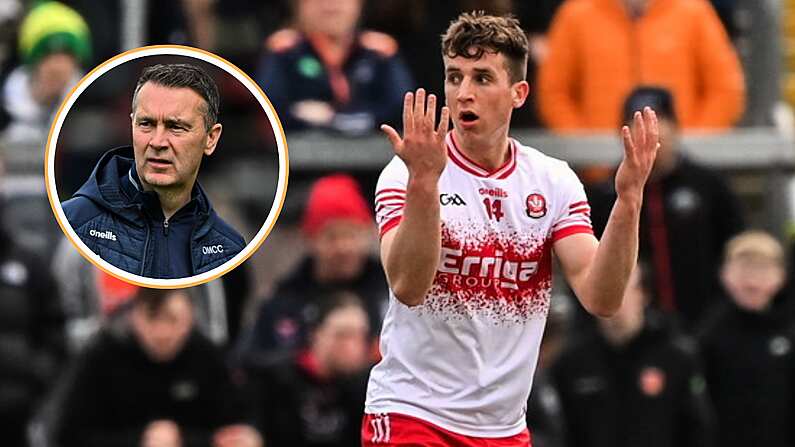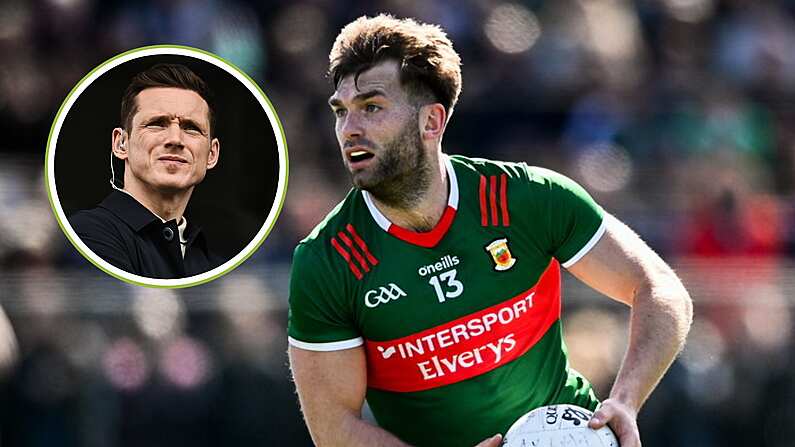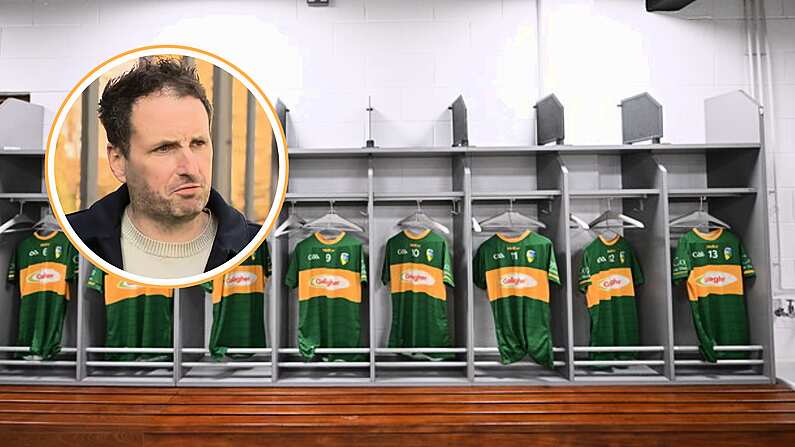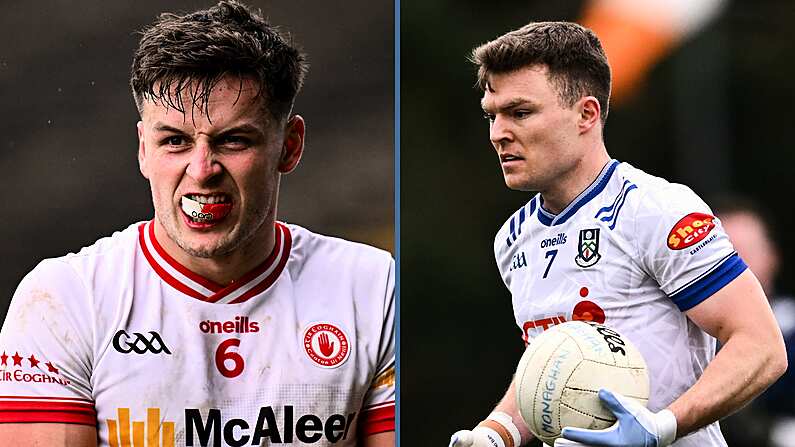As introductory anecdotes go, those that elucidate the GAA's exceptionalism is a writer's dream.
From such a rich lode of lore, we're settling for the occasion in which Brendan Behan and Samuel Beckett were assailed by a trio of Irish clerics while walking through Paris. Two of the clerics walked with Behan, leaving a third to hector a stoically silent Beckett. When conversation naturally wended to Ireland, Beckett eventually told the cleric with little enthusiasm that he had been invited to Dublin that September.
“What time in September Mr. Beckett?”, asked the priest, to which Beckett replied, “Sometime in the middle of the month, I think”
“Yerra, sure, what harm" came the response. "You’ll miss the hurling but you’ll be there for the football”.
The Association and its games have always occupied a unique place in all Irish minds, including in the minds of those who consider their gaze east to extend beyond Croke Park.
The last couple of days have shown the folly, however, of the GAA's believing too much of its own exceptionalism.
Yesterday, Sport Ireland roiled Seamus Hickey and the GPA into action over the withholding of last year's grants over the GPA's refusal to furnish home addresses for all of their members. Sport Ireland want the addresses initially for purposes of "intelligence" (a home address can be used to corroborate claims that a player received a banned substance), but the provision of addresses will ultimately lead to players being subject to random tests at their homes.
Hickey calls this "a wholly unreasonable demand on amateur athletes".
Perhaps it is, but the reality is that it has been a demand placed on amateur athletes for years. Ciaran O'Lionáird, for example, was drug tested at a pub in 2016.
Well, this is an new one for the books. Drug tested at the pub. Onlookers mildly concerned. pic.twitter.com/XvMjQh9J82
— Ciarán ó Lionáird (@GoCiaran) December 22, 2016
So why should it be any different for GAA players?
Diarmuid O'Sullivan's objection to out-of-competition testing is founded on his belief that, as amateurs, GAA players should not have to face this level of disruption in their lives.
Setting aside an interrogation into exactly how amateur many intercounty athletes are, the bulk of the athletes tested by Sport Ireland every year are amateur too.
Last year, they conducted a total of 1,304 tests. Excluding the tests conducted on GAA players, that figure is 1,178.
Add in the fact that a total of 90 athletes received some level of funding under the most recent round of elite funding from the sports governing body, so even allowing for the possibility of multiple tests of elite athletes, it's fair to extrapolate that the bulk of last year's tests were performed on amateur athletes some distance from earning enough to dedicate themselves to their sport full-time.
Another point raised against the home testing of GAA players is the GAA's doping record relative to other sports. The best barometer for the sports the Irish governing body believe to be at highest risk are blood tests, given the added costs involved in that process. Athletics (85 blood tests) and Cycling (81) were unsurprisingly the highest last year, followed by rugby (55). The GAA, however, was next-highest with 19, ahead of swimming with 16.
So while there are clearly other sports in Ireland deemed at a higher risk to doping, Sport Ireland are not ignoring the possibility of the problem affecting the GAA.
This is not to say that the GAA has a doping problem, but it would be absurd to ignore the possibility of banned substances cropping up across their codes. Last year, for example, there was an 800% increase in the number of steroids seized in Ireland relative to the year before. These substances are going somewhere, and to ignore the possibility that they could find their way into two of the 12-most played sports in the country would be profoundly wrong.
The number of GAA players who would be tested at home would ultimately be very small, and while reservations about how invasive a practice it would be are justified, the reality is that such testing is necessary to protect the integrity of all sports.
Many GAA players enjoy benefits other amateur athletes in Ireland could only dream about: enormous media coverage; massive occasions every year; far greater sponsorship opportunities. This is not to appear begrudging: the GAA is exceptional in countless ways but are no different to any other sporting organisation in one respect.
If the players want the money, then they have to play by the rules.
The rules, unfortunately, involve random and invasive drug testing.
The Amateur Ethos is the Association's calling card, and while it may stand alone in the size and the scale of the volunteer effort, the GAA does not own the patent on amateur sport in Ireland.

